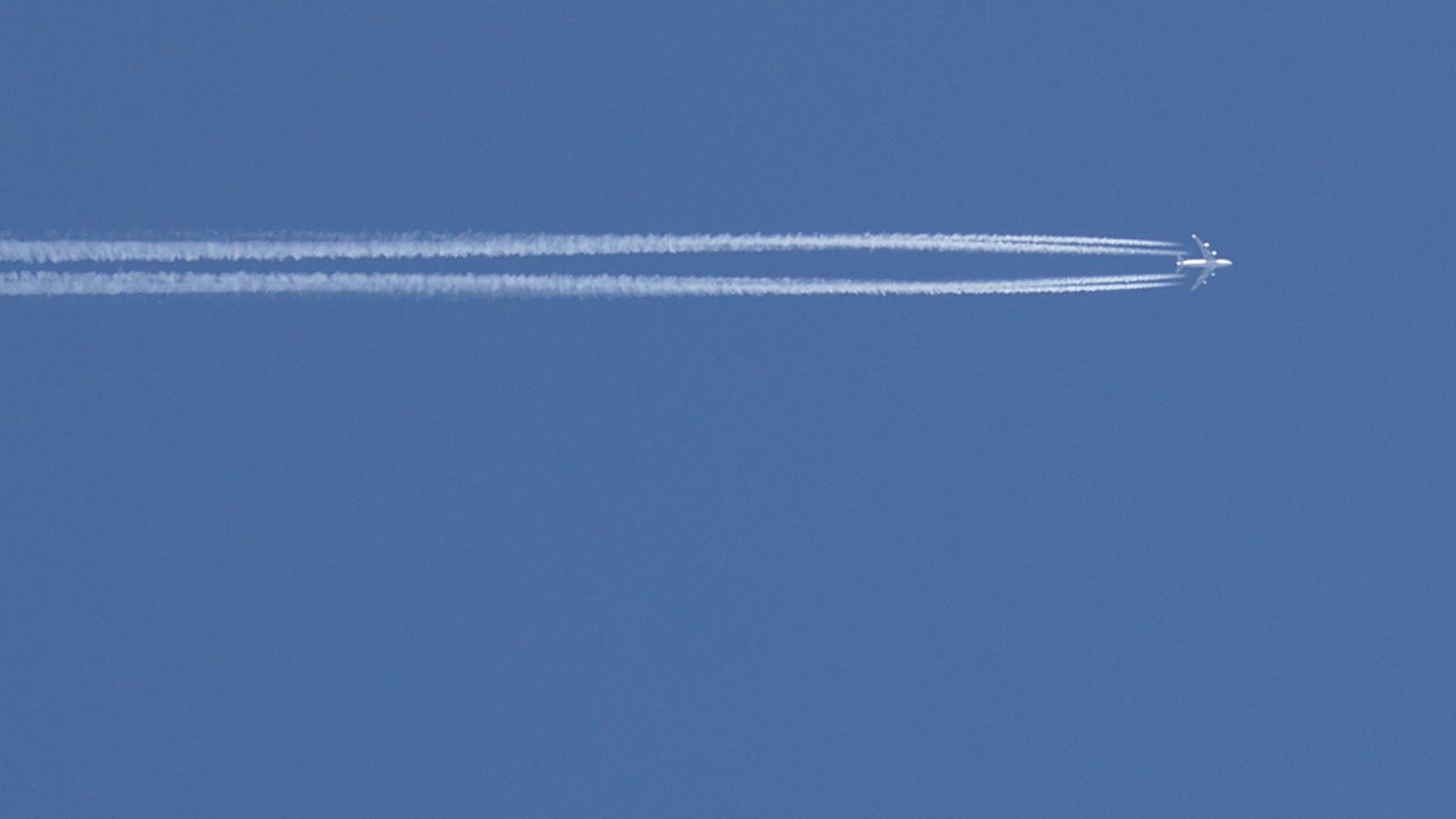COVID-Hit Airlines Press For Change To ICAO’s Carbon Offsetting Scheme

Airlines are asking for changes to the looming requirement to offset growth in carbon-dioxide emissions from international aviation to mitigate the impact COVID-19 will have on how that growth is measured.
Environmental groups are warning that any change could weaken the scheme’s long-term effectiveness.
From 2021 onwards, ICAO’s Carbon Offsetting and Reduction Scheme for International Aviation (CORSIA) requires airlines in participating states to offset any emissions growth above a baseline set by measuring and averaging emissions in 2019 and 2020.
“Any significant reduction in 2020 emissions will have a knock-on effect in increasing offsetting requirements over the lifetime of the scheme which go way beyond the forecast upon which the CORSIA framework was premised,” IATA said.
CORSIA has been divided into three phases. The first two, 2021-23 and 2024-26, are voluntary, with a mandatory phase running from 2027 to the end of the scheme in 2034. So far 83 countries have signed up for the initial voluntary phase, representing 76.6% of current international scheduled flights, according to ICAO.
With the impact of the coronavirus pandemic, averaging 2019 and 2020 emissions data will result in a lower baseline than previously anticipated under CORSIA, requiring higher than expected offsetting requirements from 2021 onwards. IATA is requesting that ICAO use only 2019 data as the baseline.
“IATA is highly concerned ... [that if] the cost impacts of CORSIA are higher than forecast, some states may delay their decision to volunteer for CORSIA and, indeed, current volunteers may reconsider their earlier decisions in order to safeguard the interest of their national air transport system and its connectivity,” the airline association said. “IATA believes it is important to preserve the environmental benefits that were forecast to be achieved through CORSIA. Therefore, we recommend that ICAO considers using 2019 emissions for the baseline.”
“The national governments who established and adopted CORSIA had already expressed concerns regarding COVID-19 and the CORSIA baseline prior to airlines weighing on this,” ICAO said. The issue will be on the agenda on the ICAO Governing Council session on June 8-26.
“Diplomatic discussions will be taking place in the near term toward assuring the overall integrity and objectives of the CORSIA program despite any COVID-19 traffic impacts,” the organization said.
Environmental groups are concerned that any short-term change will water down the scheme over the long term. “The proposed change would actually affect offsetting requirements through 2035,” said Dan Rutherford, aviation director at the International Council on Clean Transportation. “That’s way beyond the expected impact of the coronavirus, so it seems like an overreaction to a scary but likely short-term downturn.”
The airline industry disagrees that would be overreaction. “When CORSIA was designed, an average 2019 and 2020 baseline was agreed in order to smooth any shocks to the system, but at the time a shock the size of the COVID-19 crisis could never have been anticipated,” said the Air Transport Action Group (ATAG).
“Without some type of adjustment, we may not only see an unanticipated burden on airlines to comply, but some states may reconsider their participation CORSIA, which would weaken the scope,” ATAG said. “This is not just about the next 2-3 years of CORSIA, but about the robustness of the system throughout its life.”
“The existing CORSIA rules provide flexibility to address suppressed activity in 2020, without any need to renegotiate the measure in a drawn-out political discussion,” the Environmental Defense Fund said in mid-March.
CORSIA gives governments the flexibility to replace actual emissions in any given year with the 2020 levels when calculating offset obligations for 2021-23. “We calculate that the use of this flexibility provision would dampen the COVID-19-related increase in offset obligations by 40%,” EDF said.
“Our environmental commitments remain unchanged: carbon neutral growth from 2020 and to cut carbon to half 2005 levels by 2050,” IATA said, adding it hopes the ICAO Council can make a decision on the CORSIA baseline calculation at its June meeting.





